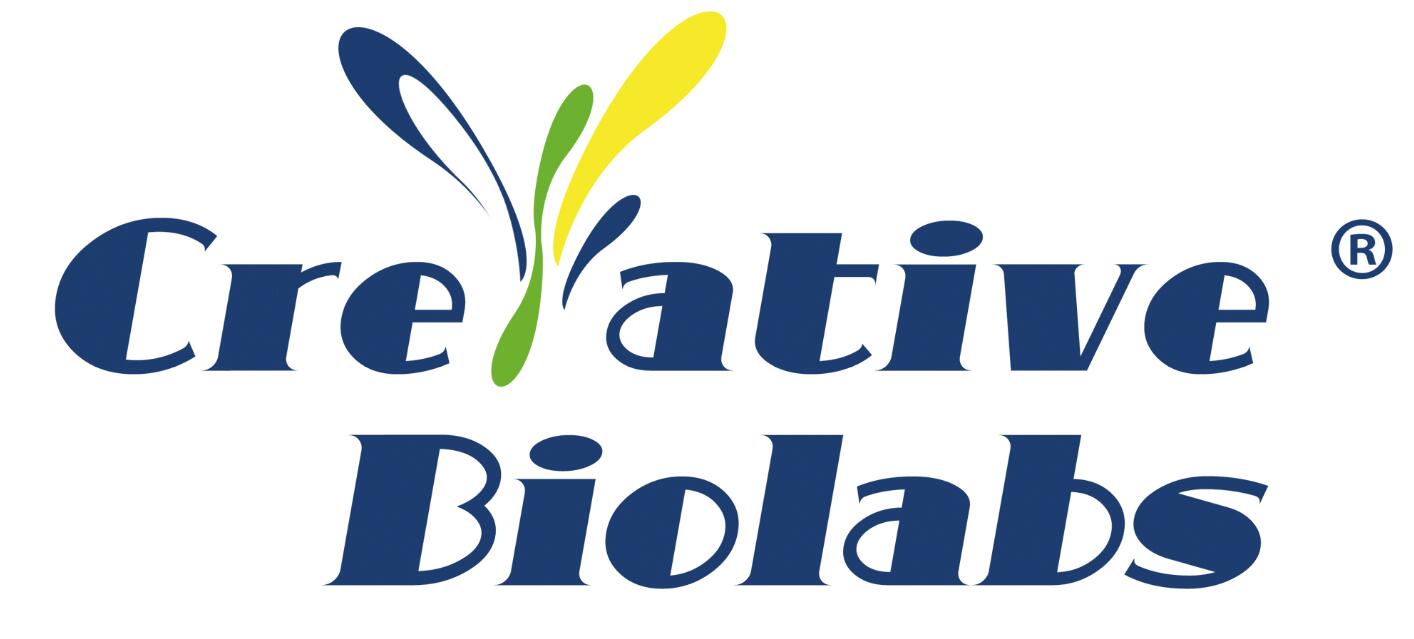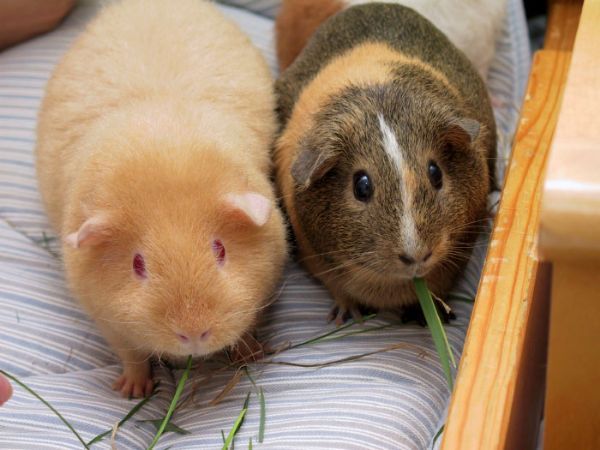The outbreak of Ebola in 2014 in West Africa killed more than 11000 people. At the time, scientists were working on several experimental vaccines and treatments, but none of them were approved for use in humans. Antibody is a special defense protein, which is produced by our body in response to infection or vaccination, and is one of the treatments studied. Once the best antibodies against disease are found, we can mass produce them and use them for treatment.
A new study published in the Cell Reports shows that antibodies isolated from volunteers vaccinated against Ebola were effective in defeating the Ebola virus in six guinea pigs. In total, the researchers extracted 82 human antibodies from the blood cells of 11 vaccinated people. The antibodies were combined into three groups, each containing three to four different types of antibodies, one of which successfully cured all six animals infected with Ebola virus, which were treated with antibodies three days after the infection began.
Vaccines can have side effects, so antibodies are a safer treatment for people with immune system disorders, such as the elderly and pregnant women. Antibodies can be screened out in human blood by selecting individual B cells. The genetic code for making antibodies can be extracted in B cells using advanced molecular techniques. Once the code is discovered, researchers can produce a large number of antibodies in the laboratory.
Antibodies prevent the virus from entering the cell by attaching to the virus. Each antibody has different properties, such as how and where it binds to the virus, and whether it can prevent the virus from infecting cells. The researchers tested these properties of 82 antibodies. In the study, antibodies isolated from vaccinated blood donors had the same characteristics as those isolated from immunized animals and Ebola survivors. These Ebola antibodies have been fully studied and can be used in human clinical trials. Developing antibody therapy from vaccinated healthy people has one advantage-it solves the problem of handling blood samples from unscreened human survivors from remote areas. In these areas, donors may hide Ebola or other infectious viruses, such as hepatitis B or HIV.
The researchers are studying the effect of the antibody combination against the other two Ebola viruses, the Sudan virus and the Bendibujiao virus. These diseases have caused major outbreaks in the past. Even if a specific combination of antibodies does not treat these viruses, there is hope. Because the antibodies in this study, combined with antibodies from other research groups that respond to all Ebola species, may provide better treatment.
Antibodies are also useful tools for studying the Ebola virus and the human immune response. By tracking how antibodies attack cells, it is possible to identify the fatal weakness of the virus. This study shows that human vaccine trials are an excellent opportunity to isolate antibodies that can be effectively used for treatment. This may be important in dealing with emerging infections such as avian influenza, Middle East respiratory syndrome (MERS), SARS and Chikungunya virus.

